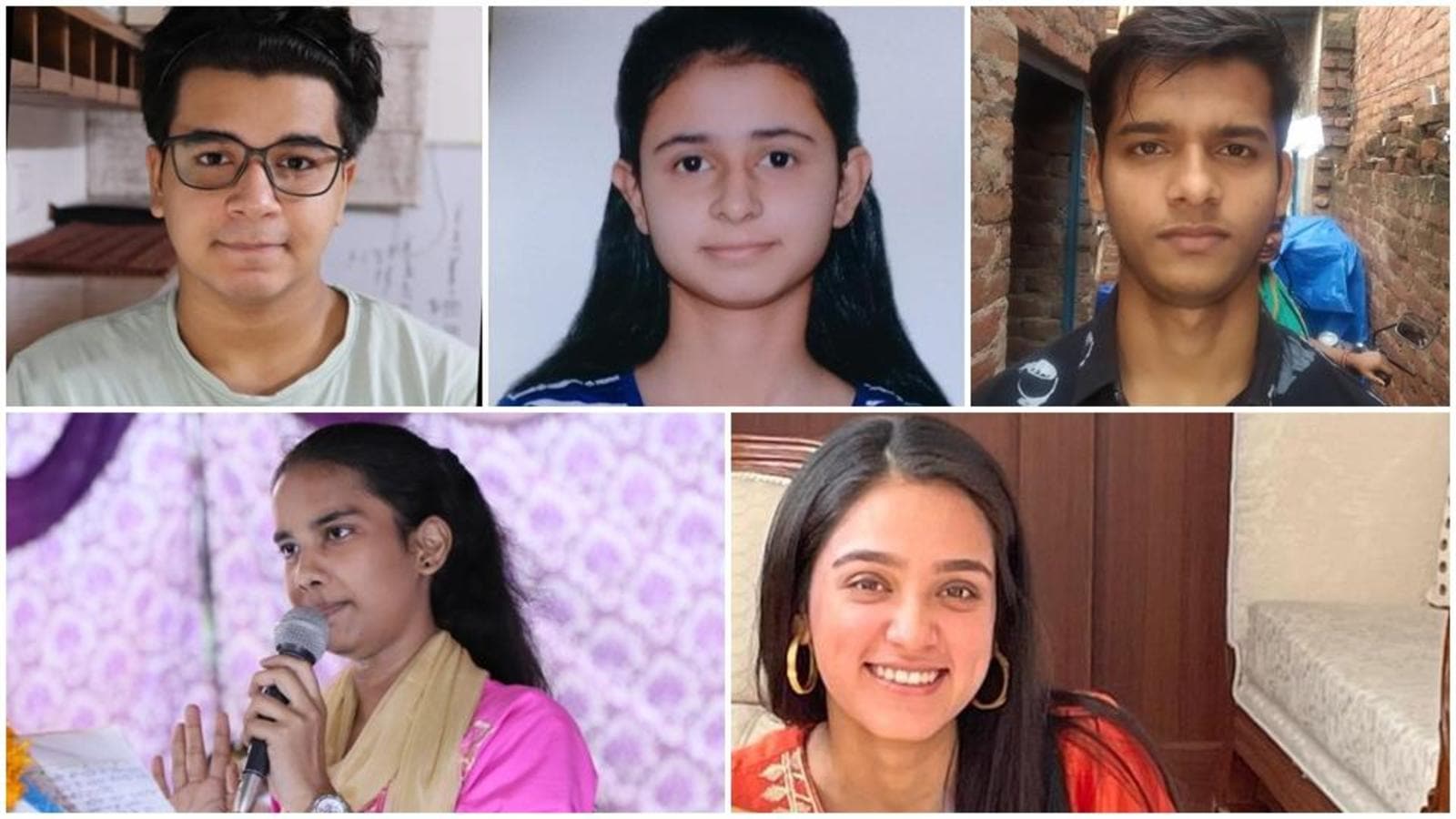To facilitate the process, the All India Council of Technical Education (AICTE) has already completed the task of translating video lectures of engineering on the SWAYAM platform in eight regional languages with plans to translate content into Oriya, Assamese, and Punjabi, as well. For helping the institutes, an AI Indian language-translation tool has been developed by the technical education regulator that will aid in developing content in 12 different regional languages.
Divided opinion
The push for technical education, more so engineering, to be imparted in regional languages, beginning from the 2021-22 academic year was mooted by the Education Ministry in November 2020. A few of the IITs and NITs were also shortlisted, though opinions were divided over what would be most effective for the students keeping in view their long-term research interests and overseas study plans.
Bridging the gap
In a recent turn of events, however, 13 colleges have been approved to impart engineering courses in five regional languages. This follows in the wake of the emphasis on the mother tongue as the medium of instruction to instill confidence among students from humble backgrounds.
Accreditation matters
“While 14 engineering colleges had applied to impart courses in Indian regional languages, 13 were approved. AICTE will not compromise on the quality of technical education and only 10% of institutions were to be accredited. Currently, only those colleges that are running accredited programmes have been permitted to run the courses in the regional languages. Sanctions for additional 60 seats in engineering and technical subjects over and above the existing seats have also been granted to each of them,” says Anil Sahasrabudhe, chairman, AICTE, while talking to
Education Times.
Resources in regional languages
“AICTE has further mandated that any technical institution that is willing to impart AICTE-approved courses can also run programmes in regional languages, as long as they earmark certain seats from the sanctioned intake,” Sahasrabudhe adds. AICTE is ready with first-year undergraduate and polytechnic course books in the regional languages that were earlier not available.
Approval for select streams of engineering has been granted to these 13 colleges. “Most of the approvals are for Computer Science, followed by Electrical and Electronics Engineering, Civil Engineering, Mechanical Engineering, and Information Technology,” Sahasrabudhe says.
Of the 13 colleges that received the AICTE nod, two colleges from Rajasthan, four from UP, one college from Madhya Pradesh, and another college from Uttarakhand will run courses in Hindi; one college from West Bengal will impart courses in Bangla; a Maharashtra-based college will run courses in Marathi, while one college from Andhra Pradesh will run courses in Telugu and remaining two colleges from Tamil Nadu are slated to impart courses in Tamil.
Easy to comprehend
“Our faculty members were already teaching the courses in Tamil, though at an informal level. Since many of our students come from the rural interiors of Tamil Nadu and are first-generation learners, they were finding it difficult to comprehend the courses in English; most of them are afraid to even ask questions,” says B Nagaraj, principal, Rathinam Technical Campus, Andhra Pradesh, that will soon impart Computer Science courses in Tamil for 60 seats, for which it has sought affiliation from Anna University.
“Local language will enhance both the creative thinking and analytical skills of the students who were earlier too stressed to have faith in their strengths and abilities,” adds Nagaraj, whose roots lie in the villages of Tamil Nadu from where he had come to pursue technical education.
Apps in local language
Much like Rathinam Technical Campus, the Noida Institute of Engineering and Technology (NIET), Greater Noida, will start BTech in Computer Science & Engineering in regional language. “Students will be able to learn and answer in their native language. Over some time, the demand to have software and apps in regional language will increase due to their interest in studying in their mother tongue,” says Raman Batra, executive vice president, (NIET), adding that the response for regional language courses has been increasing every year. “We are all the more enthusiastic in moving ahead with this initiative to strengthen the youth in technologies, he adds.
Source link




